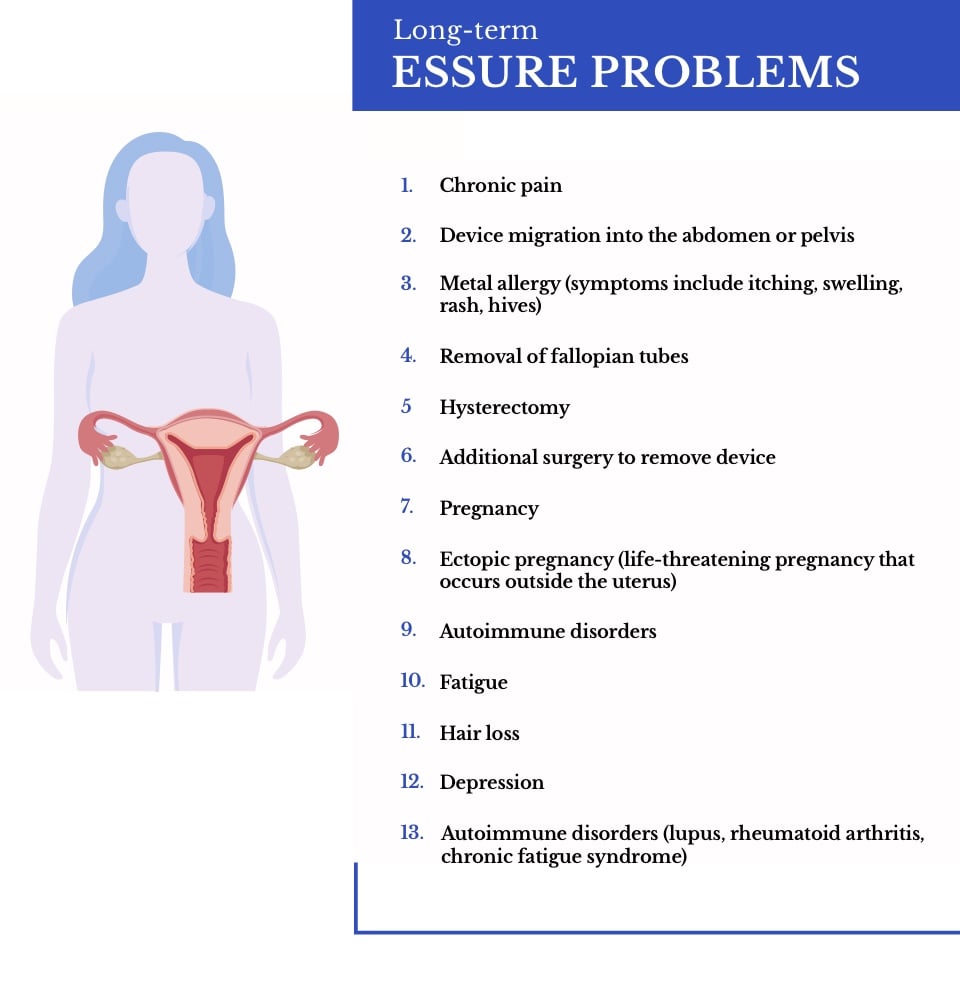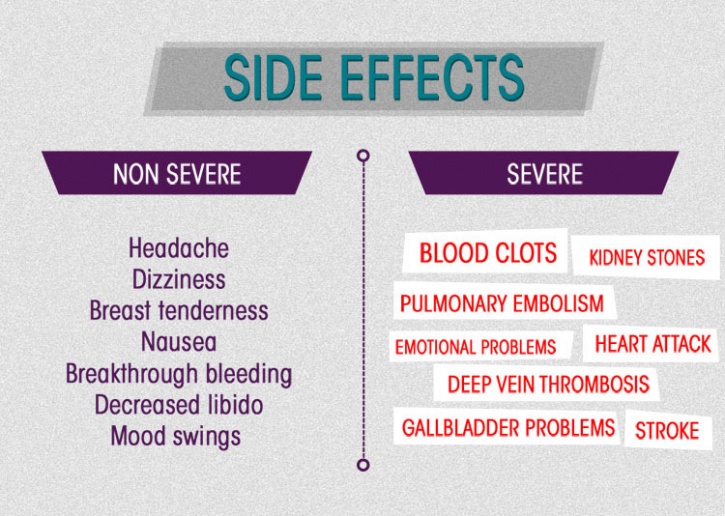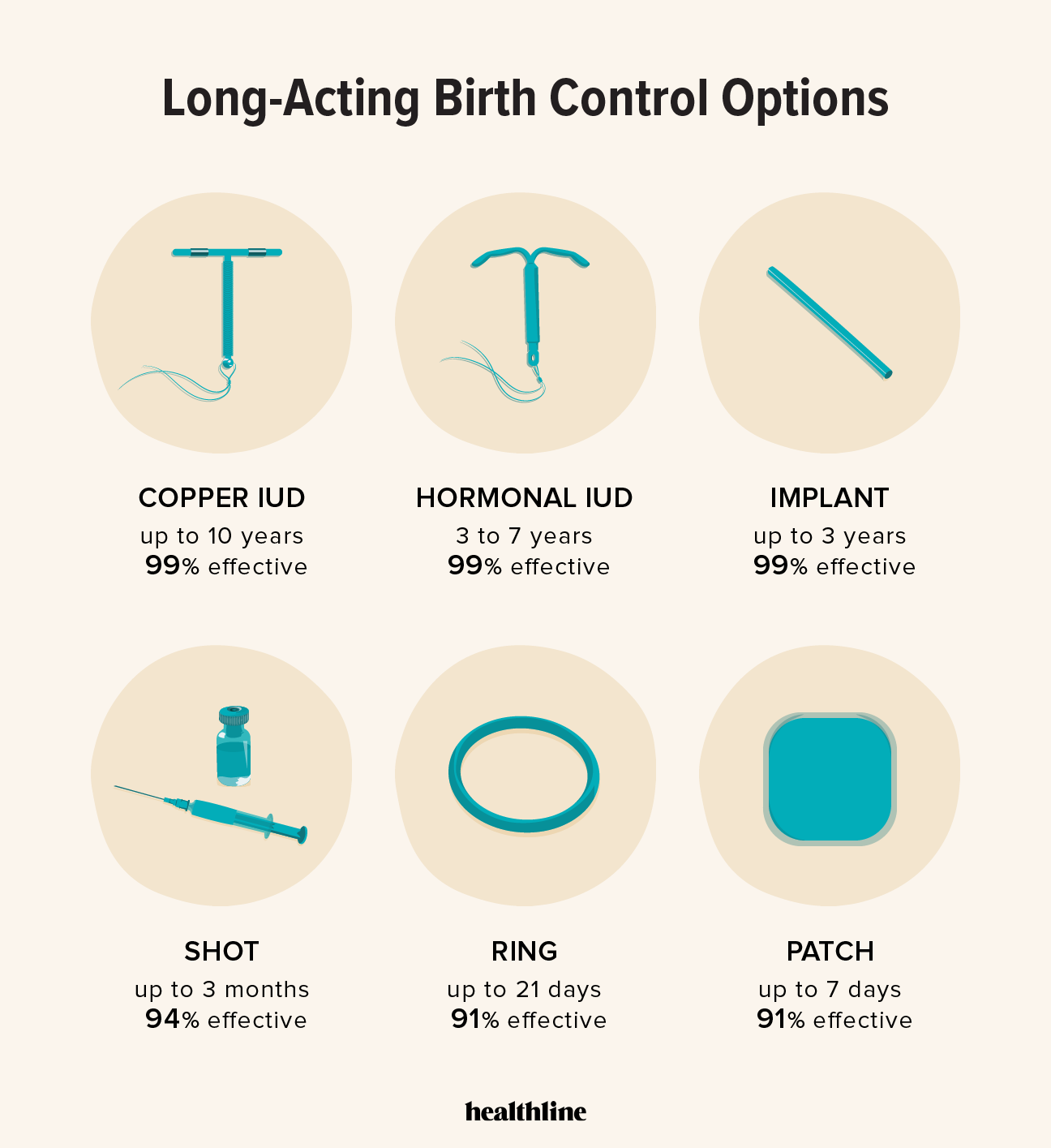

Jackson-Bey suggests talking to your doctor about lowering your estrogen dose or switching to another contraceptive.Ĩ. Still, some people are sensitive to the amount of estrogen that's in the Pill and may notice a headache towards the beginning of the pack. Once the body acclimates to a new oral contraceptive, most reports of headaches go away, the study's authors conclude. A 2005 study published in the American Journal of Obstetrics and Gynecologyfound that approximately 10 percent of users feel headachy within a month of starting the Pill. Jackson-Bey suggests that this side effect tends to go away after a few months.ħ. Another tip: "Taking the Pill before you go to sleep can help decrease symptoms of nausea," says Dr. Though it shouldn't last more than three months after your body adjusts, according to Planned Parenthood Federation of America, taking it with a meal can help reduce how icky you feel as your body adjusts to new levels of estrogen and progesterone. Some people feel queasy when they start taking the Pill, says Dr. Jackson-Bey, continued spotting may also be a sign to up the dosage of estrogen that you're currently taking.ĥ. The reason this happens in the first place: "It's caused by the changes in hormone levels in the body while taking the Pill, which then affects your uterine lining, making it more prone to spotting," she adds. While this is a v common (but painfully annoying) side effect of the Pill, know that it "typically resolves within the first three months of use," says Dr. There are plenty of great lubes out there that you should already be using for your sexy-time fun anyway.Ĥ. Typically, if you're experiencing vaginal dryness, it's because you're on a pill that has a lower dose of estrogen.


"The pills don't cause women to produce estrogen, it actually takes over and causes one steady amount of hormone instead of fluctuating levels of estrogen," she adds. Some pills containing estrogen can cause people to have a lower amount of estrogen circulating in their bodies, which can then cause dryness, says Dr. She also says that having a regular period also decreases your risk of endometrial and ovarian cancer, but more on that later!ģ. It's your body responding to the pills on a set 26-to-28 day cycle," says Dr. "More people who use the Pill find that their periods are more regular, and that's what we want. "This happens because the medication's hormones make the lining of the uterus thinner, making your periods lighter." But if you find yourself not menstruating at all, you should definitely talk to your doctor.Ģ. "Many women who use oral contraceptive pills notice that their periods become lighter on the Pill," says Dr. So remember: "If the first pill you try doesn’t work out for you, there are always other options," says New York City-based ob-gyn Heather Irobunda, MD.īelow, gynecologists explain the 24 known side effects of the Pill and what causes them, so you can find your perfect birth control match.Ĭonsidering Changing Up Your BC? Read This First.ġ. "The trick is to find the right pill formulation with the help of your doctor and to allow about three months for your body to adjust," says ob-gyn Sherry Ross, MD, women's health expert at Providence Saint John's Health Center in Santa Monica, California. "I recommend the Pill to patients with polycystic ovary syndrome or patients who want help controlling their hormonal acne in general."īut, like all good things, some might also experience not-so-great side effects. In fact, when the Ortho Tri-Cyclen pill was approved as an acne treatment, researchers saw an overall increase in the number of young people taking contraceptives, explains ob-gyn Tia Jackson-Bey, MD, a reproductive endocrinologist and infertility specialist at Reproductive Medicine Associates of New York.

Besides its obvious intent (to prevent an unwanted pregnancy), the Pill actually offers lots of other benefits, like regulating your period, combating hormonal acne, alleviating painful periods, and so much more. Today, the classique Pill remains the most common method, according to a survey by the Guttmacher Institute.įrom Cybelle, Althea, Yaz, Seasonique, to like *counts fingers* so many more different brands and formulations, the Pill is truly a contraceptive superstar. When the birth control pill came out in 1960, nearly one-third of American women were using it-mainly as an alternative to condoms and diaphragms, according to the American Journal of Public Health.


 0 kommentar(er)
0 kommentar(er)
